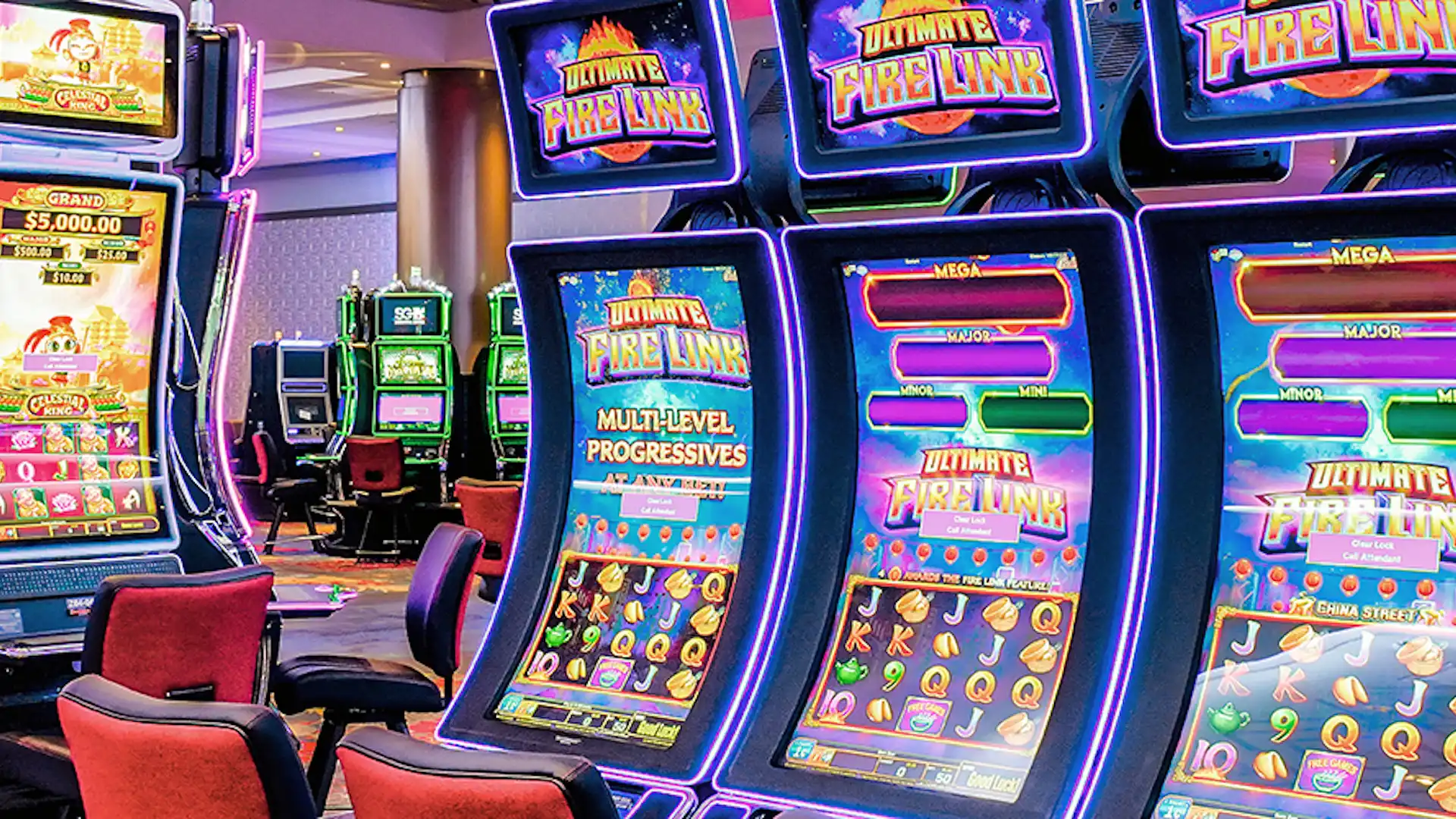Casino gaming has long been a topic of fascination and controversy, attracting millions of players globally. With a blend of chance, skill, and the thrill of risk, casino games offer an exciting escape from everyday life. However, as entertainment becomes ever more accessible, it calls for a more thorough examination of the ethical implications surrounding these games.
At the heart of the discussion lies the question of whether casinos promote responsible gaming or exploit vulnerable individuals. The allure of potential winnings versus the truth of losses can create a challenging dynamic, and understanding this balance is crucial for both players and operators. As we delve into the morals of casino gaming, we will explore the duties of casinos, the effects on society, and the steps that can be taken to foster a better gaming environment.
The Impact of Casino Gaming on Society

Casino gaming has a significant influence on societal dynamics, affecting not only the financial landscape but also social behaviors and community structures. The revenue generated from casinos can lead to employment opportunities and boost regional economies, as they provide various employment opportunities in different sectors including food and beverage, entertainment, and retail. However, while the economic advantages can be substantial, communities often grapple with the possible negative impacts that arise from higher gambling activity.
Additionally, the presence of casinos can lead to an rise in gambling addiction, presenting serious challenges for players and families. The thrill of casino games can quickly transform into a compulsive habit, affecting connections with others and leading to financial instability. Many individuals may struggle with the loss of control over their gambling habits, resulting in a need for assistance programs and interventions to address this growing issue. The social cost of gambling addiction can ripple through families and neighborhoods, creating an urgent need for sensible gambling approaches.
In addition to the economic and social consequences, casino gaming often showcases cultural attitudes towards uncertainty and entertainment. It can encourage a sense of excitement and leisure, attracting visitors and boosting local travel. However, this allure may also conceal the broader implications of gambling as a method of entertainment, raising ethical questions about its advertisement and availability. As communities weigh the advantages and drawbacks of casino gaming, the need for responsible practices and oversight becomes increasingly critical in ensuring that the beneficial elements are maximized while minimizing the negative effects.
Moral Issues in Betting Activities
The morality of gambling operations often center around the risk for dependency and its effects on people and families. Gambling can lead to significant financial distress, impacting not only the gamblers but also their families. As individuals become caught in the appeal of winning, many lose track of their budget, which can result in catastrophic results such as insolvency. This poses ethical questions about the duty of gambling establishments in promoting safe gaming practices and offering support for those who may be dealing with betting addiction.
Another major concern is the advertising of gambling to vulnerable populations. Gambling establishments often target low-income people or communities with the promise of fast rewards, which can perpetuate patterns of financial struggle and despair. In this context, the ethics of marketing strategies used by casinos come under scrutiny, as they may exploit the need of individuals seeking an escape from financial hardships. This exploitation raises moral questions about the honesty of the betting industry and its responsibility to safeguard its most vulnerable customers.
Additionally, the effect of casino operations on society as a entirety cannot be ignored. While some argue that gambling establishments create jobs and boost local economies, others point to the social costs associated with dysfunctional betting, increased criminal rates, and a strain on public services. Balancing economic benefits with the risk for social harm presents a complex ethical dilemma for policymakers and casino operators alike. https://mm88.vin/ The difficulty lies in finding a responsible approach that takes into account the well-being of individuals and communities while still allowing for the enjoyment of gambling gaming.
Oversight Framework and Duties
The regulatory structure related to gambling games is developed to ensure equity, integrity, and gambler protection. Multiple government entities and gaming commissions create and apply regulations that dictate how casino games function, the guidelines for product creation, and the protocols for handling winnings. These regulations vary by locale but usually involve permit requirements for businesses and rigorous measures to prevent cheating and dishonesty.
In also to governing bodies, gaming establishments bear major responsibility in maintaining principled standards within their venues. They must implement safe gambling practices that encourage gambler protection and awareness, including presenting self-ban options and sharing information about the hazards related to gambling. Establishments are also responsible for educating workers to recognize signs of difficult gaming and know the appropriate steps to help visitors in distress.
Additionally, openness in casino operations is crucial for gaining and keeping public confidence. Operators should offer clear details about the odds of operations, marketing offers, and any connected dangers. By promoting an environment of transparency and trust, operators can help reduce the likelihood negative impact of gaming while improving the overall gambling experience for all players.